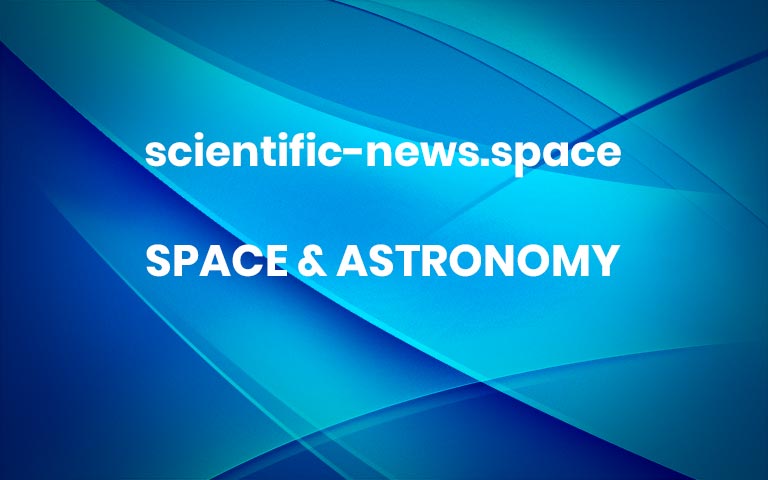Glancing at your phone quickly prompts other people to do the same
By Christa Lesté-Lasserre
Seeing someone look at a mobile phone can encourage others to pick up theirs too Klaus Vedfelt/Getty Images
When a person looks at their mobile phone, around half the people nearby will start checking their phones within 30 seconds.
Such a rapid, automatic response is probably due to people mimicking each other without realising it – what scientists call the “chameleon effect”. While such mimicry is thought to have evolved in human societies to help people bond with each other, mimicking mobile phone use might have the opposite effect, says Elisabetta Palagi at the University of Pisa, Italy.
Advertisement
“We have a need to follow the norms imposed on us by people around us, to [match] our actions with theirs in this automatic way,” she says. “But smartphones can increase social isolation through interference and disruption with real-life, ongoing activities.”
Worse, people without phones can’t even try to replicate the behaviour. “So these people can feel especially isolated.”
Palagi had already investigated the chameleon effect in humans – which can include facial expressions, hand movements, foot shaking, yawning and speech patterns. So when her student Veronica Maglieri noted how people – including herself – always seemed to pick up their phones when other people did, they decided to run an observational study.
The team watched 88 women and 96 men in 820 different situations in natural settings – parks, restaurants, public transportation, waiting rooms and dinner parties, for example – to see how many would look at their phones after someone else nearby did. These “trigger” individuals pushed buttons or swiped their screens for five seconds, either with or without looking at the lit-up screen.
The researchers found that 50 per cent of people looked at their phone within 30 seconds of the trigger touching and looking at his or her phone, but just 0.5 per cent of people did so when the trigger touched the phone without looking at it. “It’s paying attention to the phone that sets off the mimicry,” Palagi says.
The mimicking behaviour wasn’t just fast, but – at least anecdotally – it was also automatic and subconscious, adds Maglieri. “One woman who was sitting across from me in a waiting room saw me check my phone, and within seconds she took out her phone and called someone and said, ‘Hey, I just felt like calling you; I don’t know why,’” she says.
Response rates were the same across all groups, regardless of age, sex, or relationship to the trigger. The researchers themselves were usually the triggers, and the people they observed were strangers, acquaintances or friends and family in balanced groups. But none of the subjects knew their behaviour was being observed.
“Most people get infected by other people’s mobile phone behaviour, without even realising it,” says Palagi.
Journal reference: Journal of Ethology, DOI: 10.1007/s10164-021-00701-6
More on these topics: More



